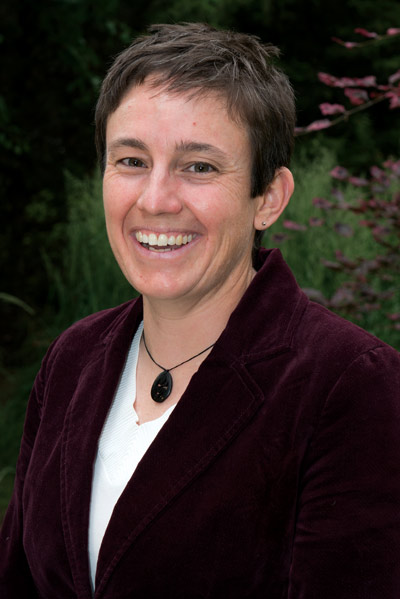
By Debbie Gardner
debbieg@thereminder.com
Lisl Hacker joined the Massachusetts Service Alliance, the State Commission for Service and Volunteerism (www.mass-service.org) in the fall of 2014, first as a consultant, then as director of Training and Technical Assistance, where she oversees multiple grants, the planning of a bi-annual state conference on service and volunteerism, and other training opportunities.
Prime reached out to Hacker – who holds a masters degree in both social work and education – for her insight on the impact of volunteering on both the individual and their community. Here’s what she had to say:
Q: Everyone has a talent, though we aren’t always fully aware of our gifts. How can volunteering help individuals discover hidden abilities?
“We often think of the benefits of volunteering as the gains organizations and nonprofit consumers receive from the additional service or capacity provided. It’s also important to recognize the equally important benefits a volunteer gains from the experience. For example, volunteering can help you achieve personal and career goals by allowing you to try a something new and gain experience – or learn a new skill – or discover a strength you never knew you had.
“This is especially true for older adults who may have spent their lives focused on a career and skill set in one area, and now find they have talents and strengths in other areas as well. I have met many individuals who held leadership positions in the corporate sector until retirement and now find they also are great at teaching young people through individual mentoring and/or tutoring in a classroom. I’ve also seen the reverse – college students who think they want to be teachers, but after volunteering in a classroom discover that’s not where their passion or strengths lie.
“The important thing is that volunteering is one method that can help you learn more about yourself.”
Q: Beyond discovering new abilities, how else can volunteering benefit individuals – and their communities?
“Volunteering allows you to: expand your social and professional networks; feel valued, accomplished and part of a team; create change in a particular mission or with a particular population; feel fulfillment; and use your talents to benefit others. Research also reveals mental and physical benefits to volunteering, especially in older adults. The Corporation for National and Community Service (CNCS) notes older volunteers report lower mortality rates, lower rates of depression and anxiety, fewer physical limitations, higher levels of well-being and a sense of purpose.
“Almost all the nonprofits we work with say they couldn’t do what they do every day without the dedicated service of volunteers. In 2018, Volunteering in America Report by CNCS notes 77.4 million people volunteered, serving 6.9 billion hours at an estimated economic value of $167 billion. And, almost 40 percent of these volunteers served the nonprofit sector by fundraising or selling items for money, – an even larger economic impact. In addition, volunteering has a direct impact on communities – whether it’s less litter in the park, fewer weeds in a community garden, more homeless fed at the soup kitchen or an immigrant student who learns to read. Volunteers provide services to communities where government or economic conditions fall short.”
Q: How can an individual get a start volunteering? Are there services that can match individuals with a need?
“Finding the right volunteer opportunity is crucial. There are large national databases such as Idealist.org or VolunteerMatch.org; however, there are also more personal ways to find your volunteer match. First, ask yourself some key questions such as: what population would you like to work with, how much time are you willing to commit, what skills can you bring, what causes are important to you? Then search for local organizations that match your answers.
“Most organizations have volunteer information on their websites. Also ask friends, family and colleagues where they volunteer and what their experience has been like. Don’t limit yourself to just one organization or one specific position, and make sure that you talk to someone at the organization first about the opportunity before signing on. An opportunity may look great on paper, but the reality can be quite different.”